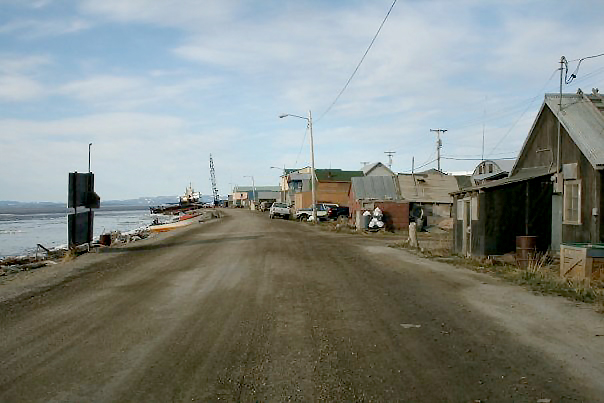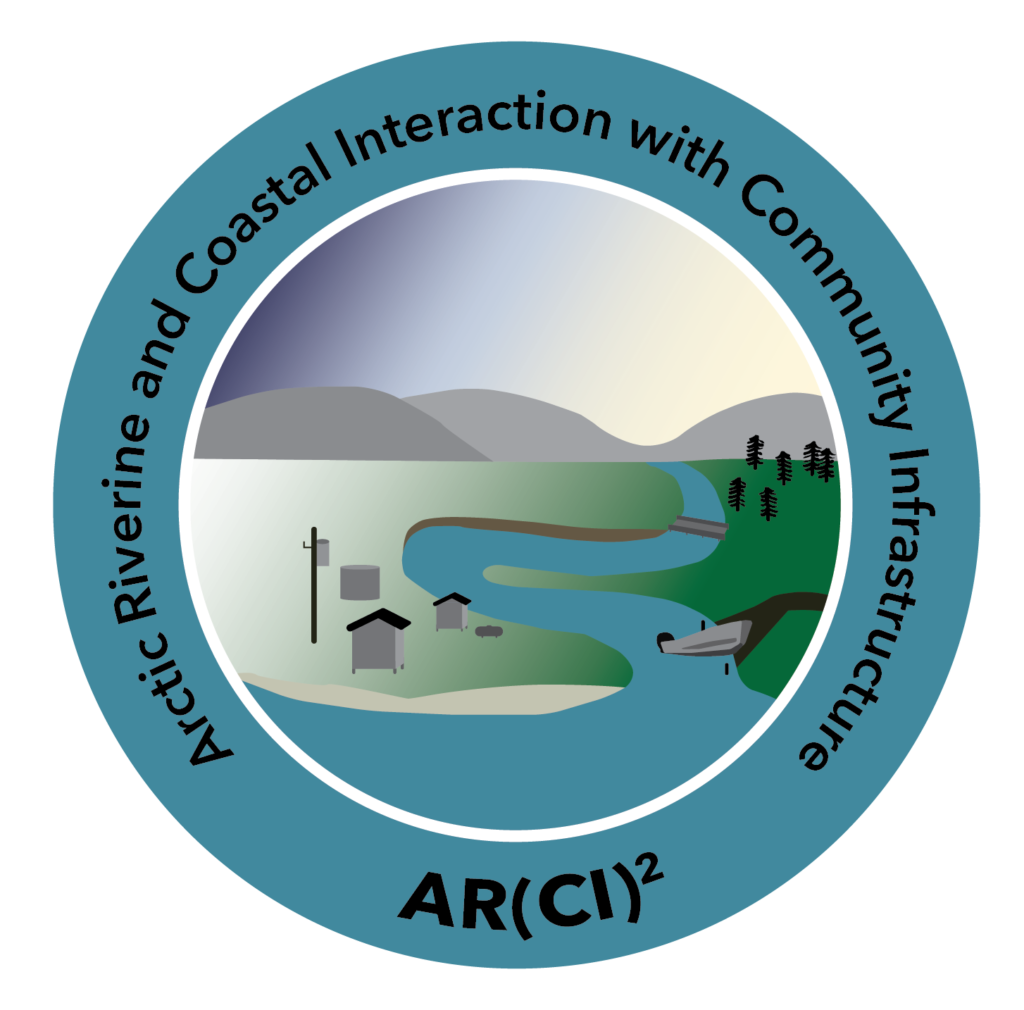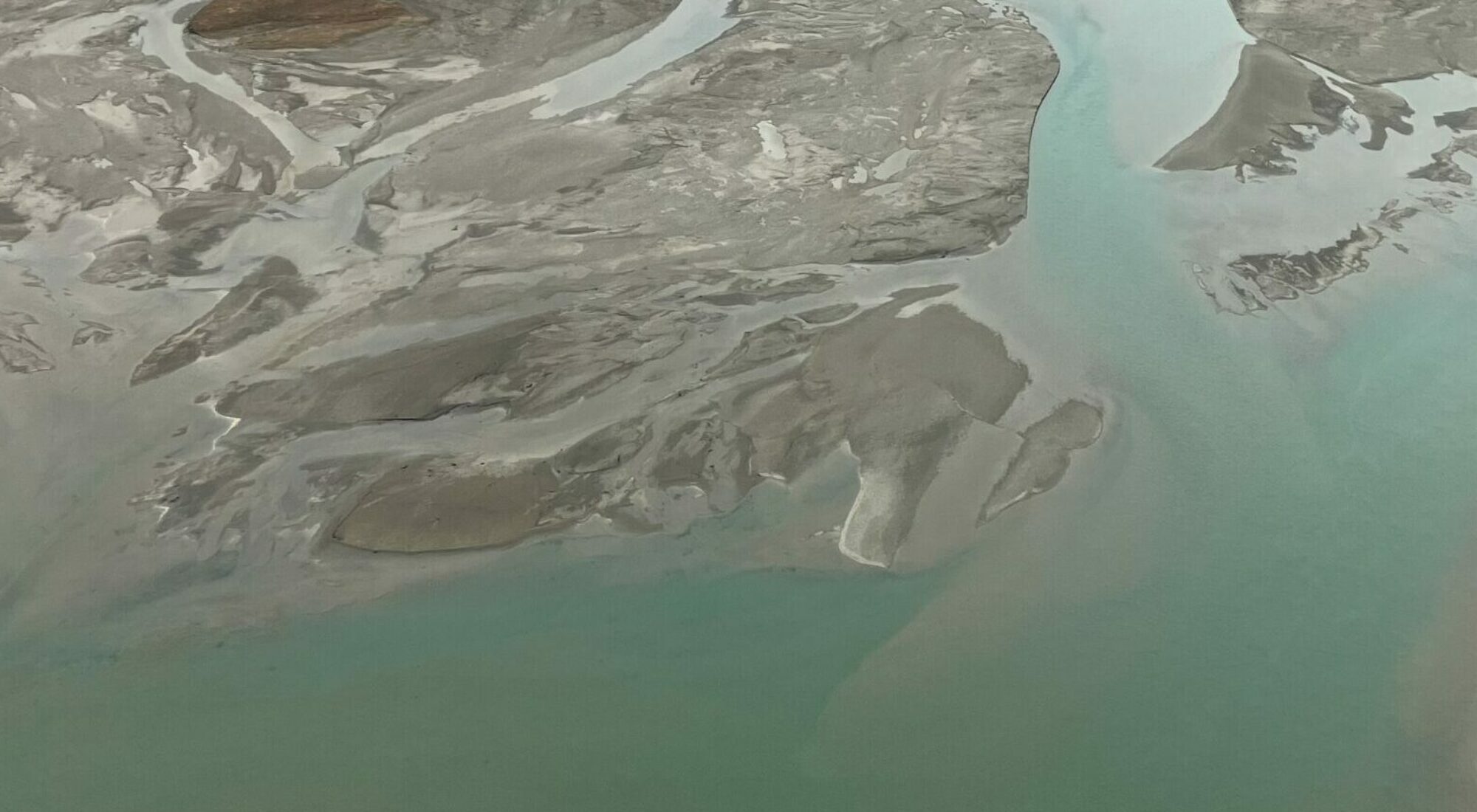Communities in rural Alaska are commonly located along rivers and coastlines, in order to access transportation, fishing, and other resources. Many of these communities also lie in zones of continuous or discontinuous permafrost, which is gradually degrading following the end of the Last Glacial Maximum. These conditions can create unstable riverbanks and unstable ground, which are of particular concern around infrastructure such as roads, boat ramps, homes, fuel storage facilities, and water and wastewater facilities. At the coast, decreasing seasonal sea ice means arctic and sub-arctic communities are exposed to larger waves occurring over a longer season, with impacts on coastal erosion, coastal access, freshwater supplies, and other concerns.

In collaboration with researchers at Virginia Tech (Dr. Nina Stark, project lead) and Dr. Kevin Franke (Brigham Young University), we are working on a NSF Navigating the New Arctic (NNA) grant aimed at identifying topics of community concern, in order to develop new research plans which can bridge scientific research and community service and interaction.

We held a virtual workshop in summer 2021, and talked to residents, stakeholders, and researchers about concerns including data needs for hazard planning. A white paper of workshop results is available as a pdf here. In summer 2022 we held meetings in Anchorage to begin developing new research plans targeting river and coupled river-coastal processes in rural western and northwestern Alaska.
More information on this project is available at:
Virginia Tech project homepage

Additional publications
Stark, N., Green, B., Brilli, N., Eidam, E., Franke, K. W., & Markert, K. (2022). Geotechnical Measurements for the Investigation and Assessment of Arctic Coastal Erosion—A Review and Outlook. Journal of Marine Science and Engineering, 10(7), 914.
___________________________
This work is funded under NSF grant RISE 2022568 and categorized under OSU IRB-2022-1560


